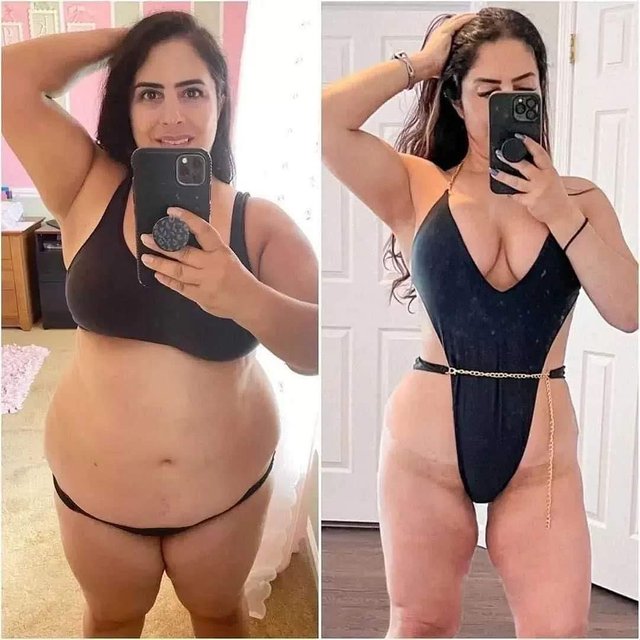How to weight loss fast .
There are several strategies you can use to lose weight quickly and safely. Here are a few tips:
Eat a healthy diet: Focus on whole, unprocessed foods such as fruits, vegetables, and lean proteins. Avoid sugary drinks and snacks, and limit your intake of refined carbs like white bread and pasta.
Increase your physical activity: Aim for at least 150 minutes of moderate-intensity exercise per week, or 75 minutes of vigorous exercise. You can also try high-intensity interval training, which involves short bursts of intense activity followed by recovery periods.
Stay hydrated: Drinking enough water can help you feel full and reduce your appetite. Aim for at least 8 cups of water per day.
Get enough sleep: Poor sleep is linked to weight gain, so make sure you're getting 7-9 hours of sleep per night.
Seek support: Surround yourself with a support system of friends and family who can help you stay on track with your weight loss goals.
Remember, it's important to lose weight safely and in a way that is sustainable over the long term. Rapid weight loss can be dangerous and is usually not sustainable. If you have a lot of weight to lose, it may be best to work with a healthcare professional to develop a safe and effective weight loss plan.
What to eat to lose weight.
To lose weight, it's important to focus on nutrient-dense, whole foods that are rich in fiber, protein, and healthy fats. These types of foods will help keep you feeling full and satisfied, while also providing your body with the nutrients it needs to function properly. Some good options to include in your diet include:
Fruits and vegetables: These are high in fiber and water, which can help fill you up and keep you hydrated. Aim for a variety of colors and try to eat at least 5 servings per day.
Lean proteins: Choose proteins that are low in fat, such as chicken, turkey, fish, beans, and tofu. These can help you feel full and satisfied, and also provide your body with the building blocks it needs to repair and maintain muscle mass.
Healthy fats: These include monounsaturated fats (found in foods like olive oil, avocados, and nuts) and polyunsaturated fats (found in foods like fatty fish, seeds, and nuts). These can help keep you feeling full and satisfied, and may also help reduce inflammation.
Whole grains: Choose whole grains over refined grains like white bread and pasta, as they are higher in fiber and nutrients. Good options include quinoa, oats, and brown rice.
It's also important to be mindful of portion sizes and to be careful not to eat too much, even of healthy foods. A registered dietitian or a healthcare professional can help you determine the right balance of foods and portion sizes for your individual needs and goals.
